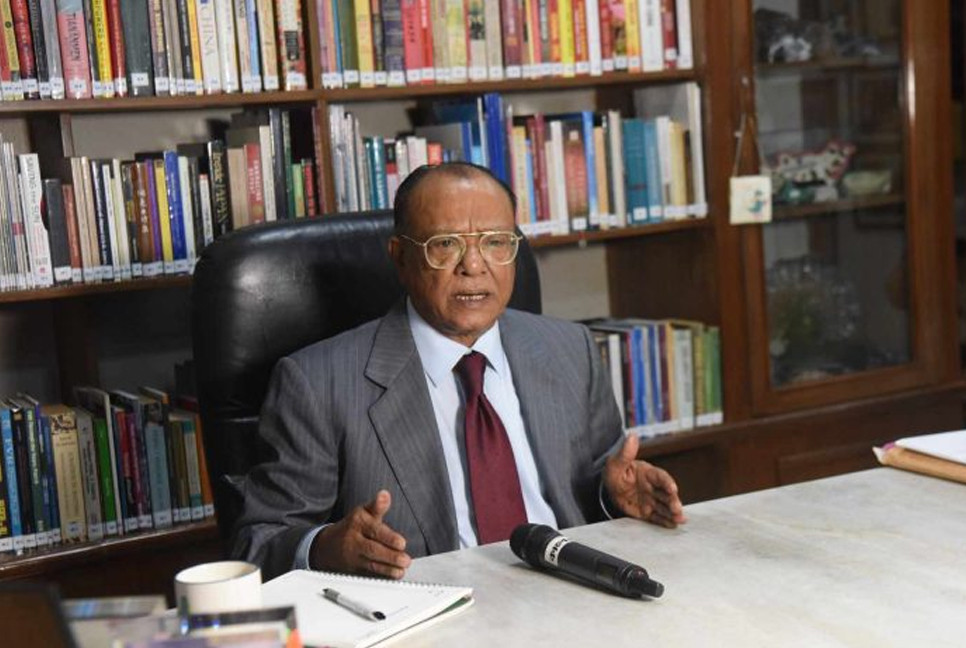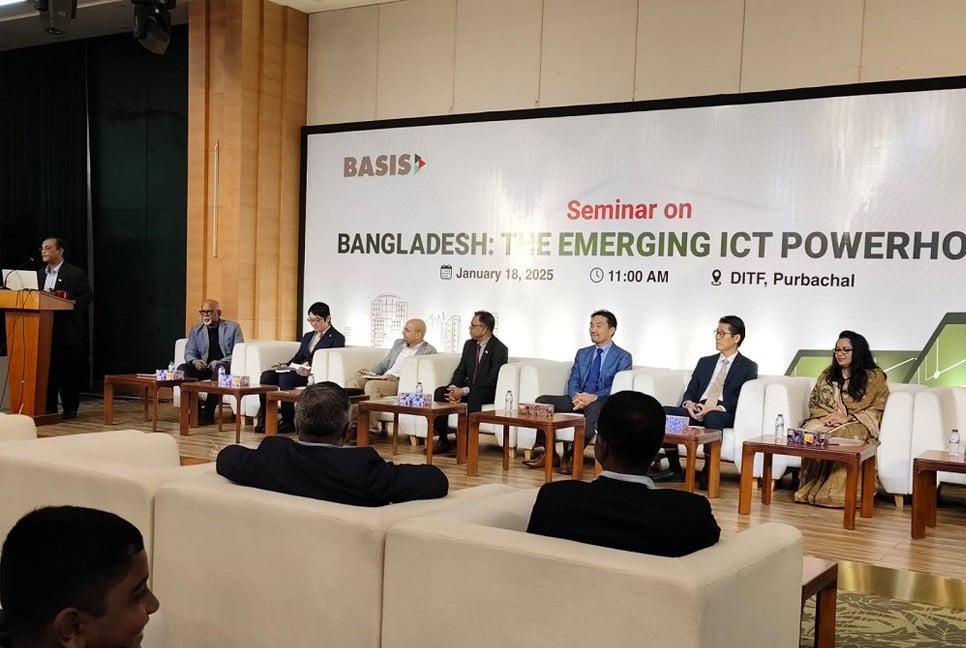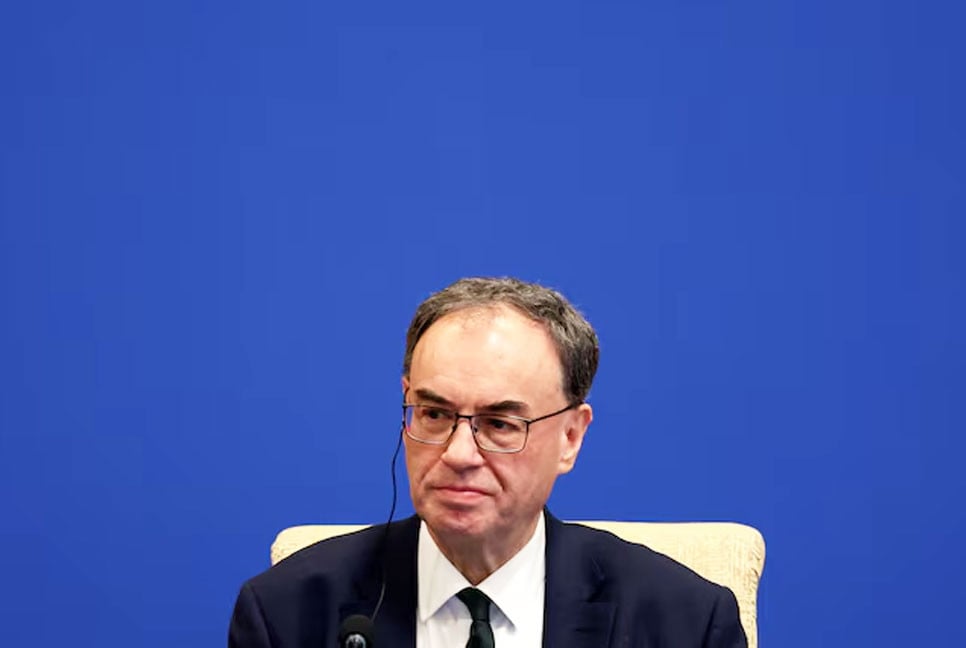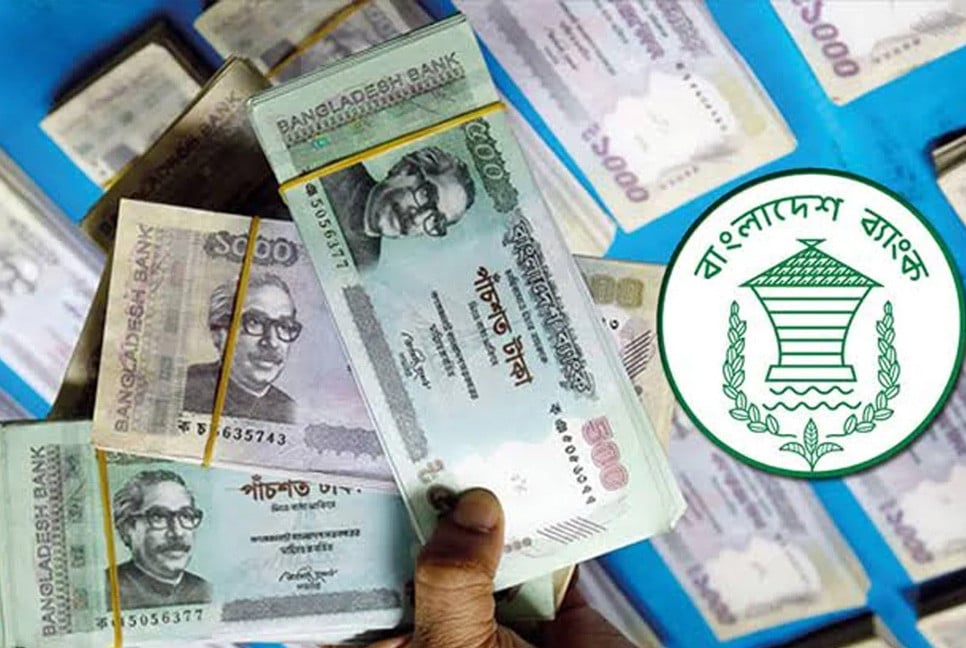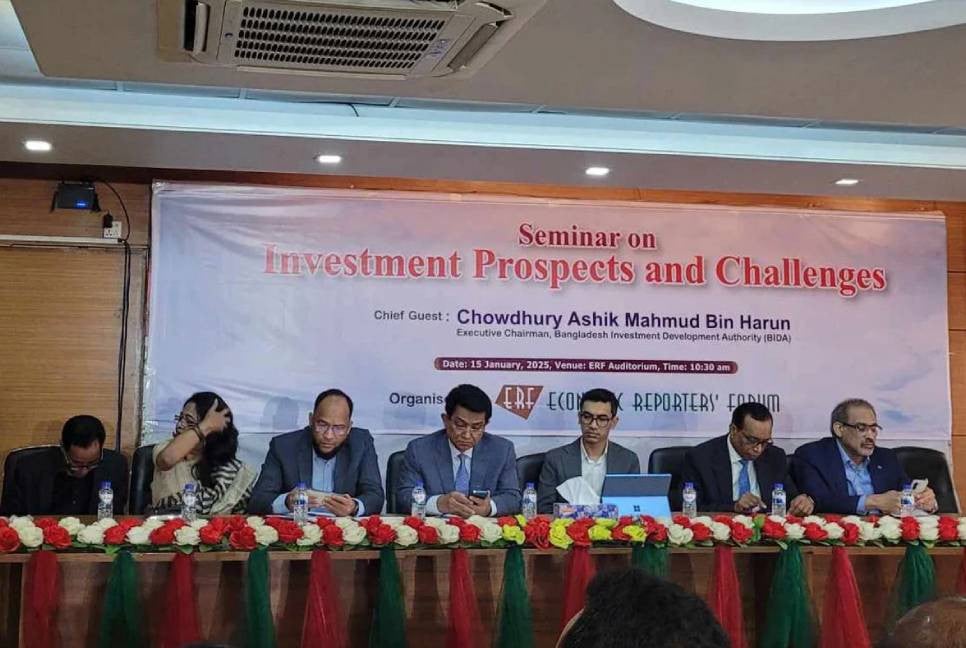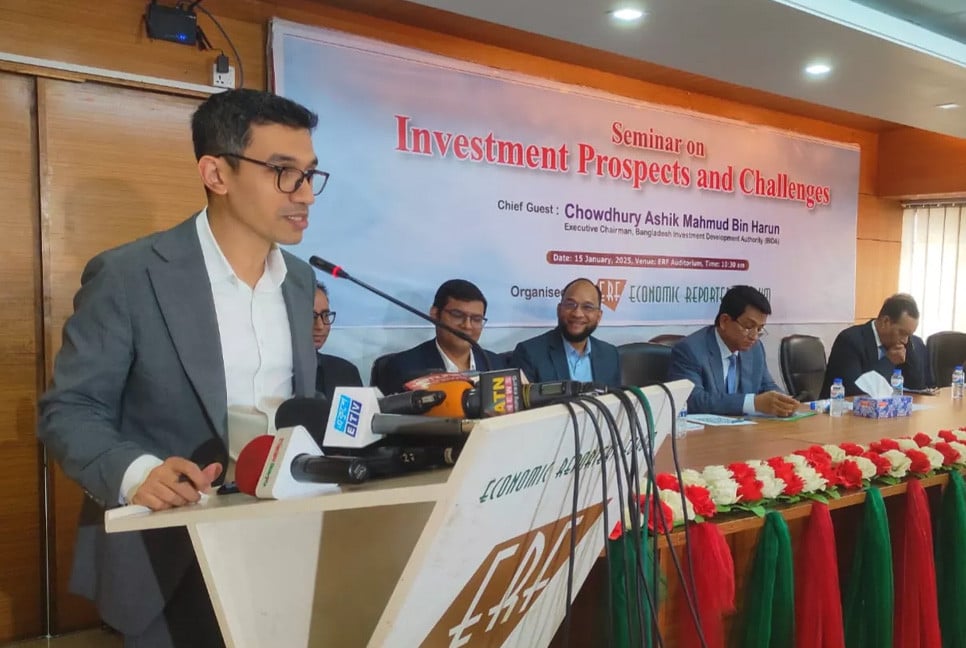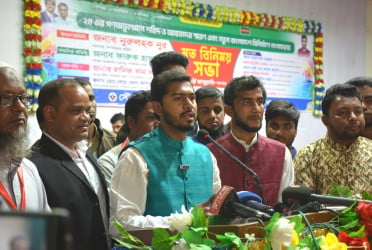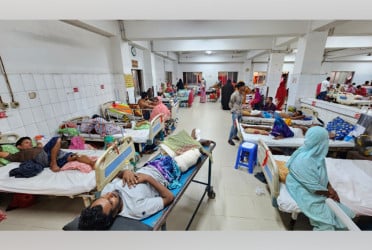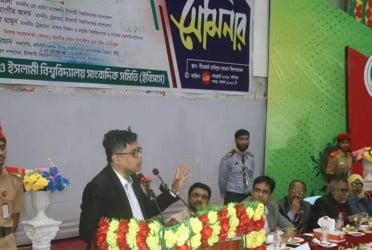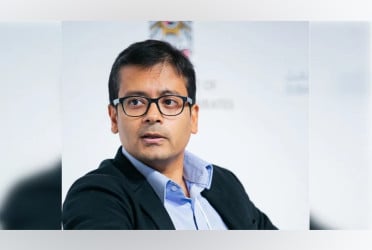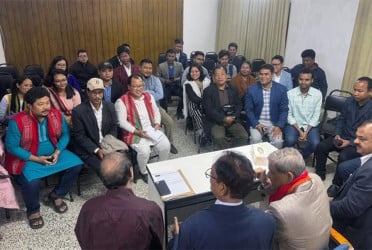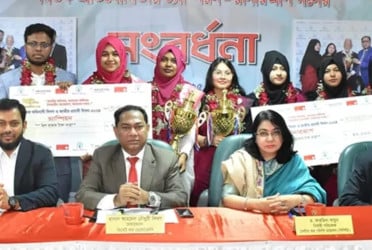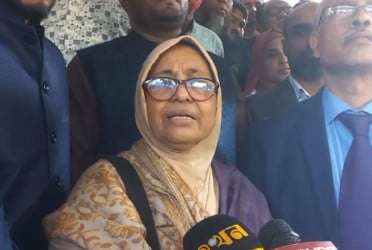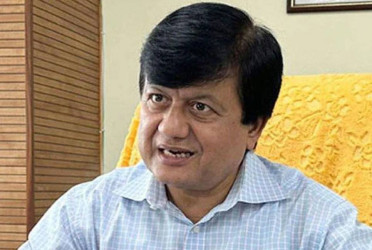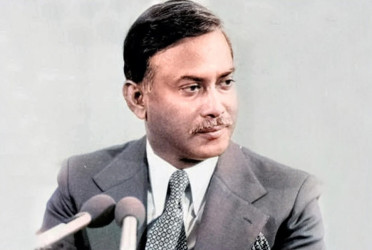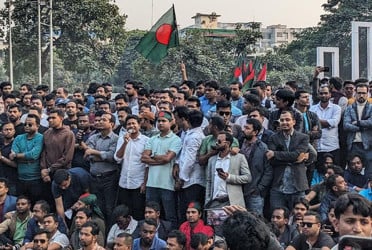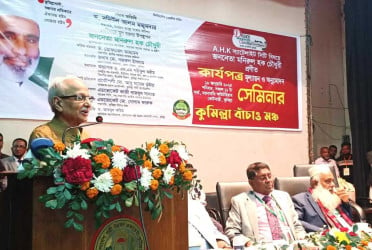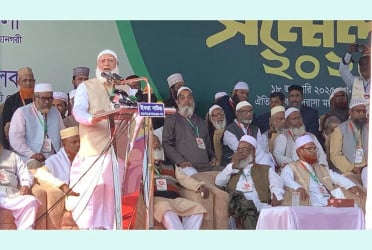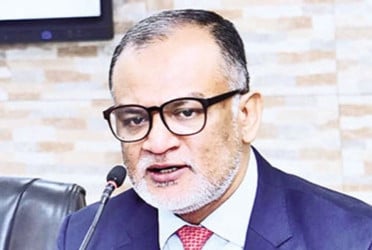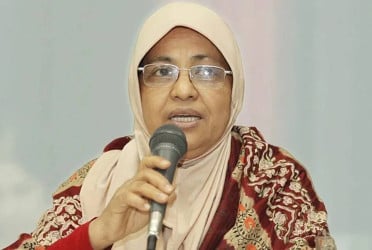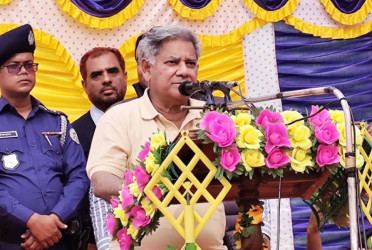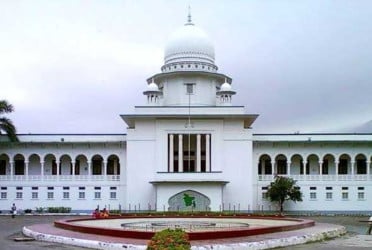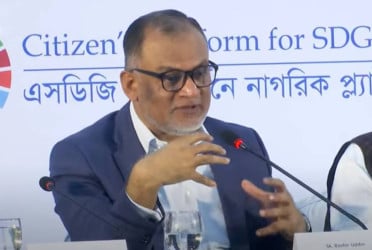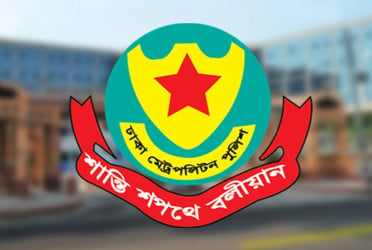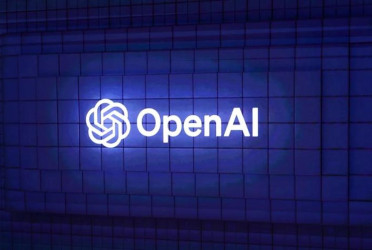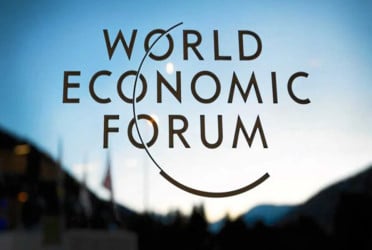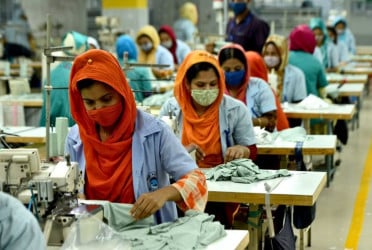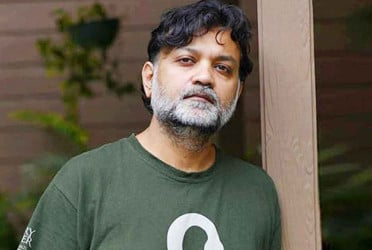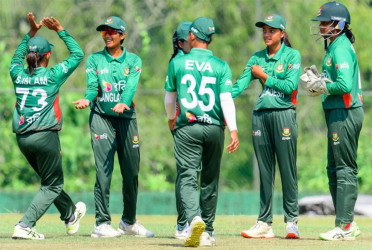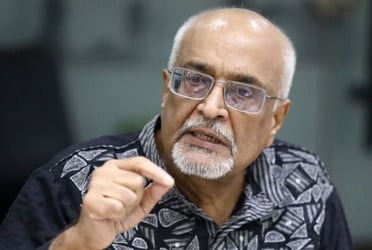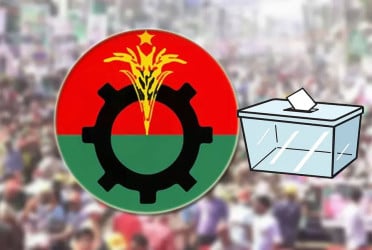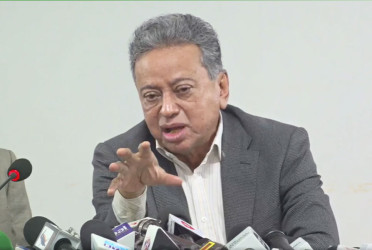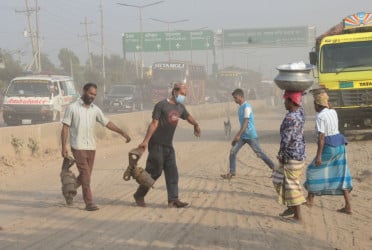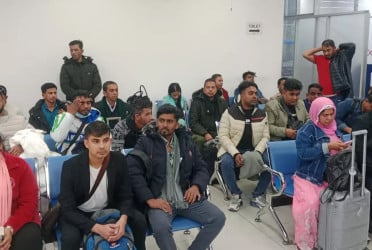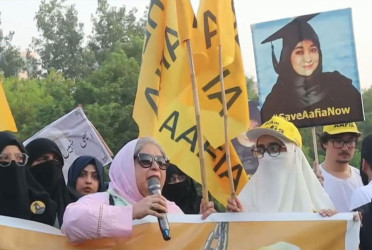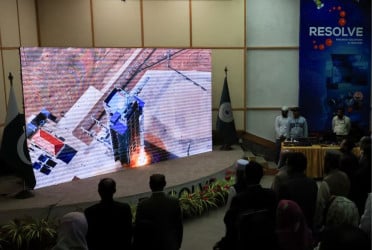Former president of the Federation of Bangladesh Chambers of Commerce and Industry (FBCCI), Abdul Awal Mintoo, said that those striving to create employment in the country through investment are the ones facing harassment, despite their significant contributions to the economy.
“There are two groups in the country. One has created employment and wealth through investment, while the other has accumulated wealth without contributing any work. Those creating employment through investment are the ones being harassed,” he said.
Abdul Awal Mintoo made these remarks at a seminar organised by the Centre for Governance Studies (CGS) titled "Dialogue for Democratic Reconstruction: Economic Policy Focus" at the Bangladesh Institute of International and Strategic Studies (BIISS) in the capital on Saturday.
He said that business owners seek reforms that foster economic growth and development through wealth creation, supported by sound political governance to ensure fair distribution. "The wealth generated over the past decade has largely benefited those at the top, with little reaching the lower levels," he remarked.
Regarding investment-related discussions, Mintoo said, “We talk about reforms, but who will bell the cat? No such individual is present among the discussants, nor within the government.” He observed that each year, around 2.2 million people enter the job market, with just 5% finding government positions, leaving the remainder reliant on private sector investment for employment.
He said that those involved in business and investment face significant marginalisation, often being labelled as "syndicates" or "thieves."
Mintoo underscored that employment generation depends on investment, which, in turn, requires robust social capital. He noted that while financial capital is crucial, social harmony is fundamental for fostering the trust needed to drive investment. However, societal divisions, he argued, are currently stifling a supportive environment for economic growth.
Addressing economic constraints, Mintoo pointed to the stagnation in savings, as inflation outstrips wage growth, making it harder for people to save. With savings and wage increases stalling, investment capacity has weakened. He further highlighted the lack of stable energy sources, with inconsistencies in gas and electricity supply, which he believes are urgent issues in need of resolution.
Mintoo emphasised the intrinsic link between politics and economics, urging that these domains not be treated as separate entities. “Political governance controls economics, and if those in power are corrupt, it damages the system,” he said.
Without political stability, he warned, reform efforts in investment, healthcare, and education would likely fail. He expressed hope that a democratic government could effectively address these intertwined economic and social challenges.
At the seminar, business leaders voiced concerns over the country’s prolonged economic downturn, fragile business climate, and weak financial sector, which have collectively impeded investment and job creation. They also criticised bureaucratic interference in politics and called for reform measures to establish a stable business environment—an essential challenge for any transitional government.
Mir Nasir Hossain commented that mismanagement in supply chains leads to inflation, stressing the need for solutions to control market prices.
Economist and White Paper Committee Chair Dr Debapriya Bhattacharya said that discussions on reform should include the welfare of underprivileged groups, such as landless farmers and garment workers.
Dhaka University Professor Dr Rashed Al Mahmud Titumir cautioned that with the majority of food supplies dependent on imports, it is unrealistic to rely on law enforcement for market price regulation.
Anwar-ul-Alam Chowdhury (Parvez), president of the Bangladesh Chamber of Industries (BCI), said that while discussions often centre on development, employment receives far less attention. "We are falling behind as we fail to establish new industries," he remarked.
Former NBR Chairman Mohammed Abdul Mazid noted the increasing bureaucratic interference in politics, emphasising the need to dismantle this trend.
FBCCI former president Md Jasim Uddin called for better regulatory policies to support entrepreneurs, stating that the exclusion of business leaders from policy formulation has rendered most policies ineffective.
Former DCCI president Asif Ibrahim highlighted the importance of integrating youth into education and employment by introducing credit card facilities for them. He urged collective efforts to bring youth into the mainstream.
In the same vein, former DCCI president Sabur Khan urged for the establishment of credit scores by Bangladesh Bank, emphasising the need to prioritise competent individuals over mere rhetoric.
Bd-pratidin English/Tanvir Raihan

